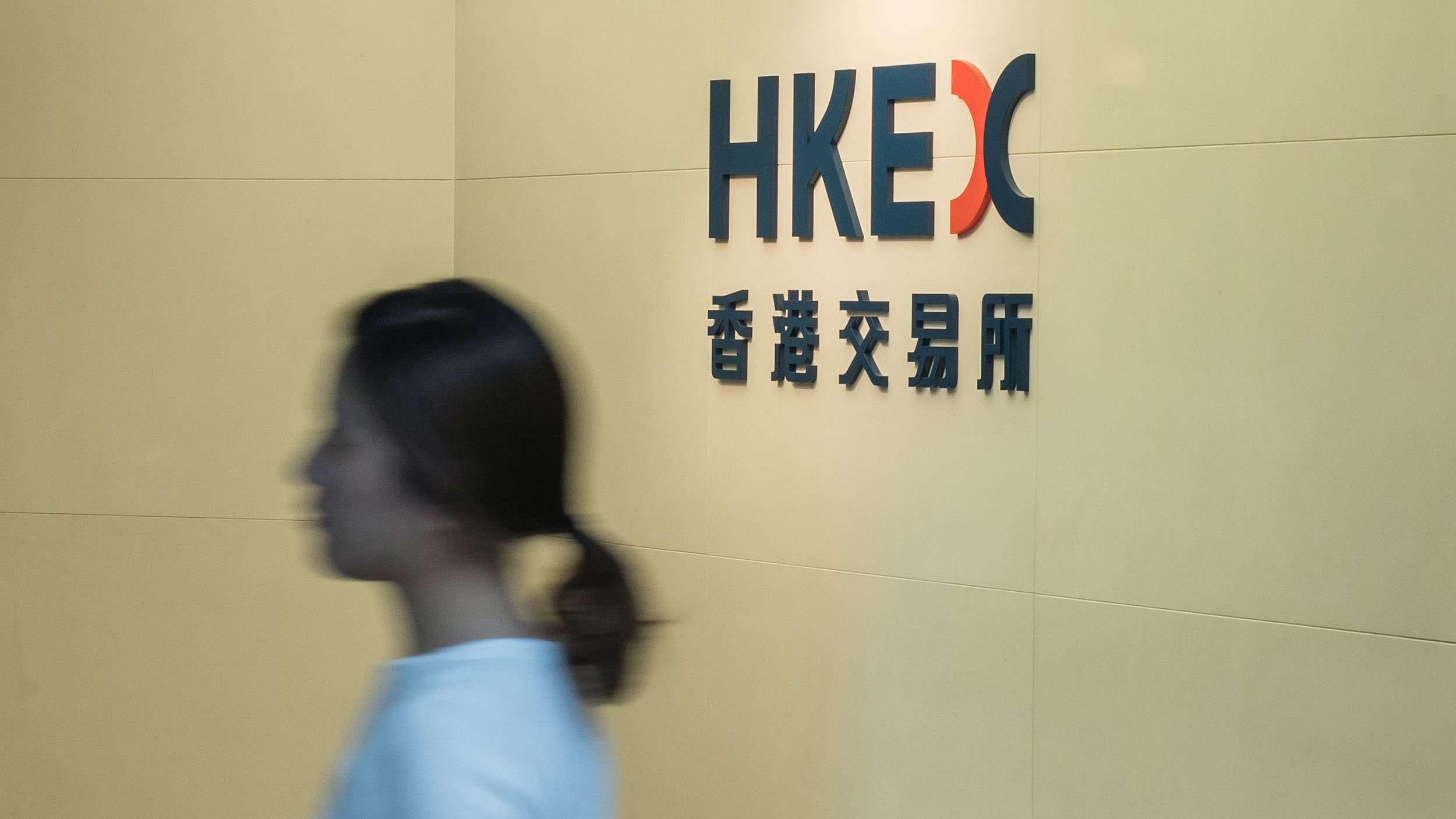
Business
13:56, 03-Jan-2018
Hong Kong eyes blockbuster China tech IPO queue, led by Xiaomi
CGTN

Hong Kong bankers are eyeing a slew of blockbuster IPOs from Chinese technology firms with a total market capitalization of some 500 billion US dollars over the next two years, in a sharp contrast to 2017 – the city’s worst year for raising equity in a decade.
If bankers’ expectations are met, it would set up Hong Kong for a showdown with New York, the traditional host for the world’s hottest new-economy companies and Hong Kong’s closest rival for the global IPO crown.
Companies such as smartphone maker Xiaomi and wealth management platform Lufax are among those mulling multi-billion-dollar listings in Hong Kong next year, encouraged by a late-2017 rush of tech floats.
Bankers estimate Xiaomi’s IPO could value the company at up to 100 billion US dollars, while Lufax was valued at 18.5 billion US dollars in its last funding round.
“The expectation is that over the next couple of years there is probably upwards of 500 billion US dollars of market capitalization just in the tech sector in China that could go public,” said Tucker Highfield, head of equity capital markets syndicate for Asia Pacific at Credit Suisse.
Some firms will still head to New York, whose acceptance of dual-class share structures is attractive for many technology companies.
Meituan-Dianping, a Chinese online platform for ordering food and booking movies, is expected to choose New York for a float that could raise 3 billion US dollars.
But Hong Kong, the world’s biggest equity capital-raising center for four of the last 10 years, is looking to revive its appeal and announced plans on December 15 to allow dual-class shares as it tries to attract Chinese tech listings.
Hong Kong raised 32.8 billion US dollars in equity capital in 2017, Thomson Reuters data shows, the lowest since 2008 when fundraising dried up during the global financial crisis.
Of this, IPOs accounted for 10.9 billion US dollars or just more than half 2016 levels, leaving Hong Kong ranking fourth globally for 2017, behind the New York Stock Exchange, Shanghai Stock Exchange and Mumbai’s National Stock Exchange.
Source(s): Reuters

SITEMAP
Copyright © 2018 CGTN. Beijing ICP prepared NO.16065310-3
Copyright © 2018 CGTN. Beijing ICP prepared NO.16065310-3